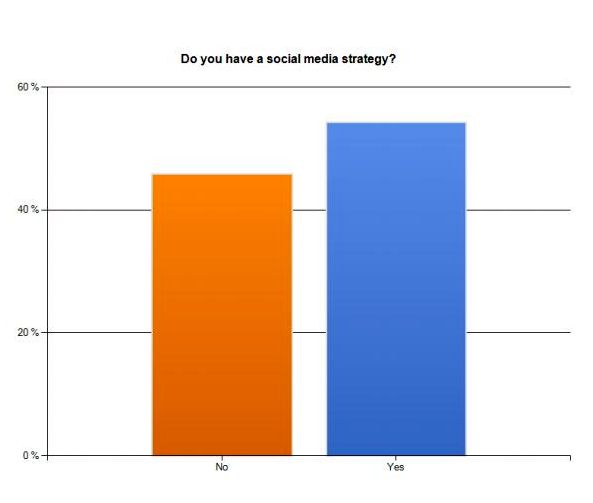It’s certainly no secret, for better or worse, Twitter is changing the way journalism is produced and received. Austrian journalist Nadja Hahn investigated the question of why social media is important for journalism. In collaboration with POLIS, and the London School of Economics and Political Science, Hahn and Eurovision surveyed and conducted a series of interviews with opinion leaders, with the results summarized in a white paper titled, “What Good is Twitter? The Value of Social Media to Public Service Journalism.” To show how social media can facilitate the work of public service broadcasters and add value to their reports, Hahn collected data via a survey distributed to public service news broadcasters and national radio broadcasters in the European Broadcasting Union (EBU), asking them how they use social media and how it affects competition. The results of the survey – of which no information is given about the method used or the size of the sample – contain elements worthy of consideration as well as interesting indications.
The main conclusions of the survey:
 Increasingly, people don’t actively look for news, but instead news finds them. From a certain point of view it is the information that finds people and not the other way around. More precisely, 43 percent of young people, aged 16-24, find their news on social media rather than through search engines.
Increasingly, people don’t actively look for news, but instead news finds them. From a certain point of view it is the information that finds people and not the other way around. More precisely, 43 percent of young people, aged 16-24, find their news on social media rather than through search engines.
Trust is essential. Almost 60 percent of respondents said they are more likely to click on a news link that comes from someone they know compared to a link from elsewhere.
Twitter dominates Facebook in terms of news and plays a more important role in news breaking and news gathering than the most popular social network in the world, which is instead more focused on discussion. News and information can be obtained through 140 character microblogging platforms, with the news content and information later being discussed on Facebook.
On the other hand, Facebook is more important for sharing. Most links are shared via Facebook (55 percent), followed by e-mail (33 percent), and Twitter (23 percent). 65 percent of respondents agree that social media provides public value and 95 percent agree that it offers added value. However, many European public service broadcasters are still struggling with social media. 46 percent of respondents say that they do not have a social media strategy. Half of the respondents say that only a minority of their reporters use social media on a daily basis, while just 12 percent say that most of their reporters use it.
In conclusion, says Hahn, social media is not a revolution of journalism for PSBs; it is an evolution, a tool, like the mobile phone. New technology and the Internet is clearly changing journalism, says the Austrian journalist, but social networks still require traditional journalistic values like fact checking, accuracy, objectivity and communicating what is relevant and interesting.
These conclusions are hard to refute, provided that journalists and sources of information are not tempted to break news first, and at any cost – thus putting reliability on the line, as is now often the case.
Article translated from the original Italian “Il 43% dei giovani trova le notizie sui social media” by Anne Jamieson
Tags: European Broadcasting Union, Eurovision, London School of Economics, Media Sources, News Source, Polis, Social media, Twitter












































